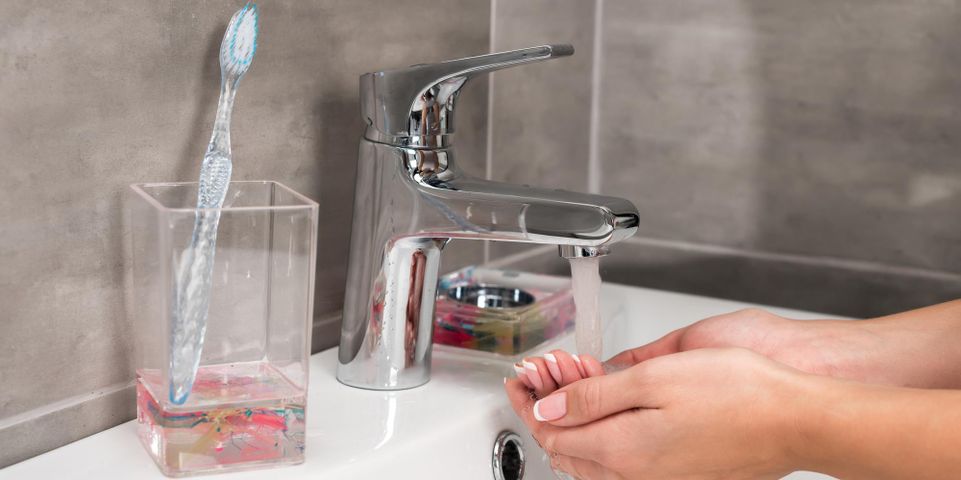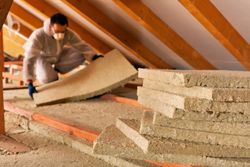
Even if your boiler heats your water perfectly, it may use too much energy to do so efficiently. Inefficient products are cheaper, though they can cause bills to skyrocket, costing you more in the long run. If you're paying more than you'd like for your utility bills, learn more about boiler efficiency to determine if it's time for an upgrade.
How Do You Measure Boiler Efficiency?
Boiler efficiency is measured by annual fuel utilization efficiency (AFUE). This number, which is displayed as a percentage on the unit, tells you how much of the energy in your fuel is wasted. For example, an AFUE of 85% means 85% of the energy will result in heat, and 15% will escape. The general breakdown of AFUEs is:
- 56% to 70% for low-efficiency systems
- 80% to 83% for medium-efficiency systems
- 90% to 98.5% for high-efficiency systems
Should You Purchase a New Boiler?

Purchasing a high-efficiency boiler doesn't necessarily mean you'll get more efficient use. If you have leaks in your ductwork, poor attic and wall insulation, or weak roofing that allows heat transfer, you won't get efficient heating. The boiler will have to compensate for this heat loss, which counteracts its efficiency.
However, if you have an older boiler, you may want to consider an upgrade, as these appliances become less efficient with age. Gas boilers last between 10 and 15 years, and electric boilers last between eight and 10 years, so if yours is beyond that, invest in a newer system.
If you’re considering a new boiler, or you just need heating and cooling services, the professionals at Osterwisch Company can help. Located in Cincinnati, OH, this HVAC, plumbing, and electrical contractor has served customers since 1946. They can address all your home systems, handling general repairs, maintenance, and installation. Learn more about their services on their website, or call (513) 791-3282 to schedule an inspection.
About the Business
Have a question? Ask the experts!
Send your question

